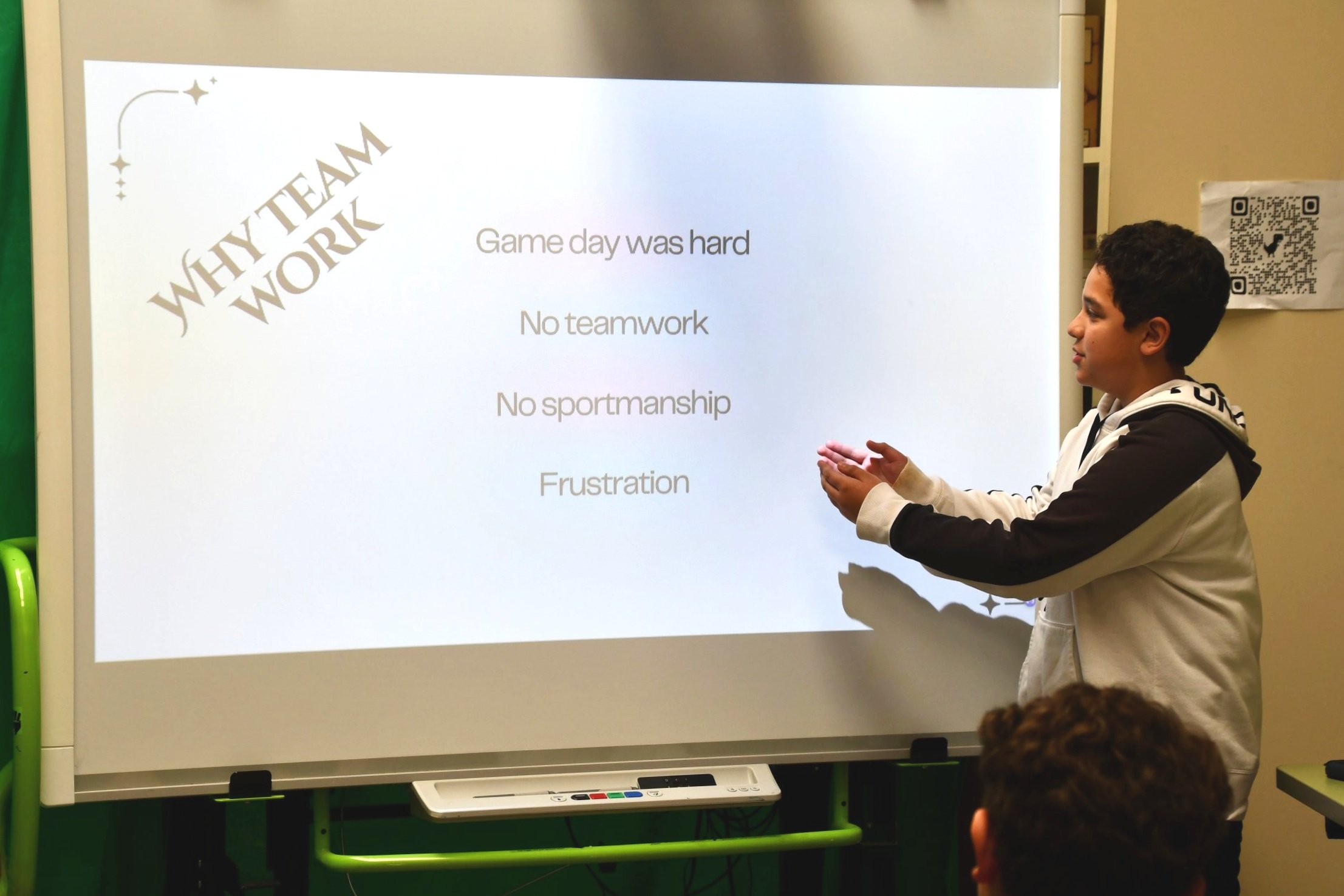Social Emotional Learning
At B’nai Shalom, we believe that nurturing emotional intelligence is just as important as academic growth. That’s why social-emotional learning (SEL) is thoughtfully woven into everyday classroom life, helping students develop self-awareness, empathy, and strong interpersonal skills.
Our teachers participate in weekly SEL professional development, giving them the tools and strategies to support students in real time—whether it’s navigating friendship challenges, managing frustration, or celebrating acts of kindness. These "teachable moments" are embraced as opportunities to help students grow into thoughtful, resilient individuals.
In addition to this daily integration, our School Counselor leads weekly SEL lessons in each class starting in PreK. These lessons focus on key skills like emotional regulation, communication, and problem-solving in a safe and supportive setting.
Each month, we highlight a “Character Strong” trait—such as honesty, empathy, perseverance, or gratitude. These traits are intentionally aligned with the Jewish calendar and values, allowing students to make meaningful connections between their personal development and Jewish tradition.
Through this intentional, values-driven approach, B’nai Shalom students learn not just how to be good learners—but how to be good people.
What does this actually look like in practice? Social-emotional learning can come to life in real, everyday moments across all subjects—even in PE. When students began struggling with the competitive nature of game days at B’nai Shalom, our PE teacher recognized an opportunity for growth. Rather than continuing with typical activities, he grouped students into small teams and had them guide their peers through a series of team-building exercises that emphasized communication, cooperation, and good sportsmanship. As part of the experience, students reflected on what they learned and presented their takeaways to an audience of peers and staff—sharing why these skills matter and how they helped not just in PE but in other classes too. This is just one example of how our faculty turns challenges into meaningful lessons that build emotional intelligence and strengthen our school community.


